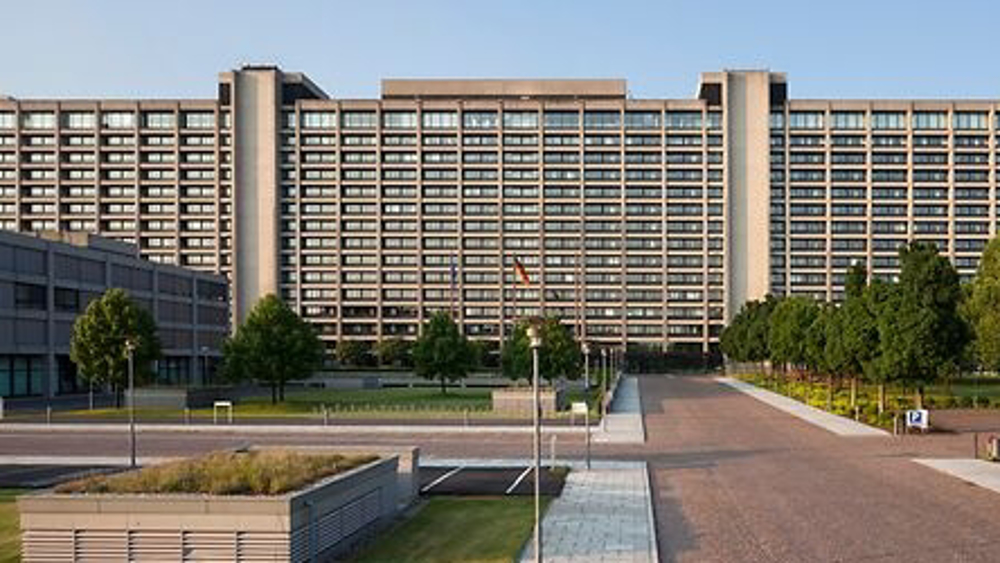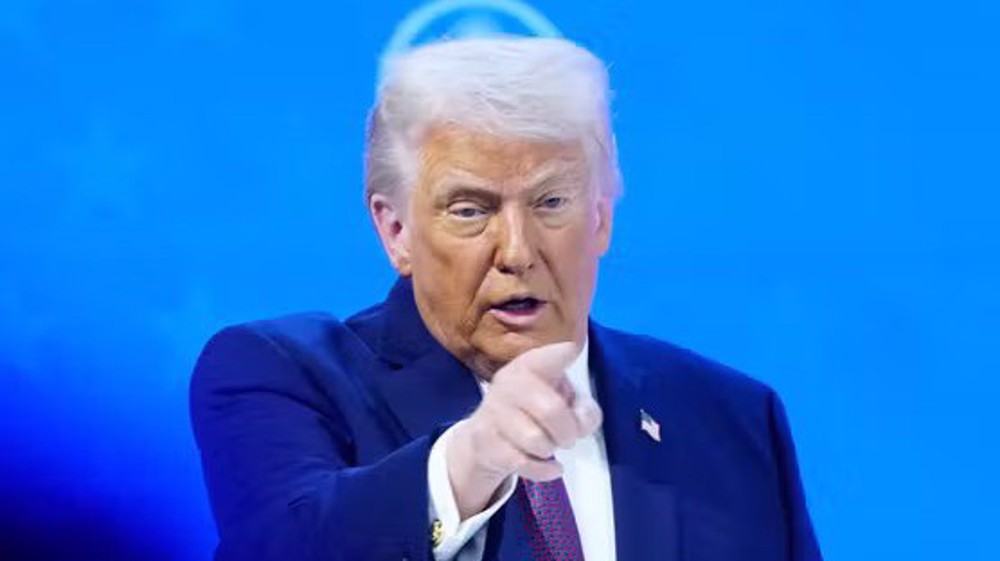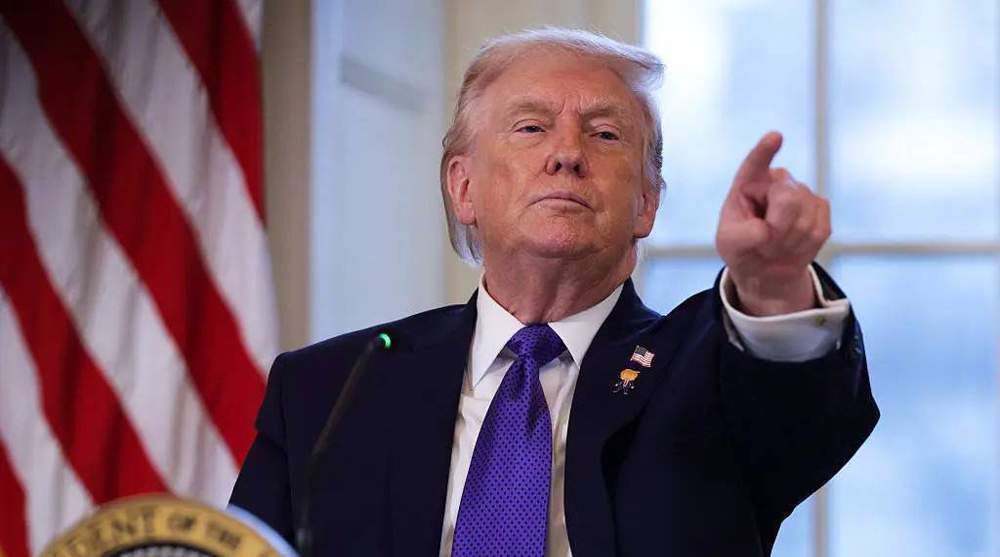Brazilian banks reassured by US of financing trade with Tehran: Official
The United States Treasury Department has assured Brazilian banks of financing trade with Tehran in the wake of a nuclear agreement between Iran and the world powers, says the South American country’s top diplomat for trade.
Last week, officials with the Treasury's Office of Foreign Assets Control (OFAC) explained to executives of Brazil's largest banks in Sao Paulo that they could do business with Iranian banks as long as transactions do not go through the US banking system and do not involve sanctioned entities, Reuters quoted Rodrigo Azeredo as saying on Wednesday.
After the implementation of the deal between Iran and the P5+1--the US, Britain, Germany, Russia, China and France—in January, the banks were allowed to deal with Iran but remained anxious of facing repercussions from the West.
"They feared US. and European banks could react by cancelling their credit lines," Azeredo said.
"The potential for trade with Iran is great, but we need the engagement of Brazil's private commercial banks, and they were very worried," he noted. "The US government felt almost obliged to update its partners on the sanctions on Iran."
The reassurance came at a time that the American future president, Donald Trump, was preparing to take control of the White House.
The now president-elect threatened on multiple occasions during his campaign for the 2016 presidential election that he would scrap or renegotiate the deal.
This is while the agreement, dubbed the Joint Comprehensive Plan of Action, is an international pact, backed by the UN Security Council.
According to the International Atomic Energy Agency (IAEA), Tehran has remained committed to the deal, reached in July 14, 2015.
Under the agreement, Iran put limitations on its nuclear program in exchange for the removal of nuclear-related bans imposed against the country.
Speaking in Prague three days after the US election, Iranian Foreign Minister Mohammad Javad Zarif stated that the JCPOA is “our preference,” further warning that “It doesn't mean that we do not have other options. Iran wants to remain committed to JCPOA provided that everybody else is prepared to do the same.”
Israel clearing northern Gaza land for settlements: Report
Gaza deadliest place for journalists and aid workers: UNRWA chief
Israel claims body of final captive recovered from Gaza
VIDEO | Armed gangs in Gaza at center of brewing power struggle over civil administration
3,500 Iranian cultural, media figures support Leader amid Trump’s threats
Hezbollah chief: New US-Israeli war on Iran will set entire region ablaze
UAE says will not allow its airspace, territory to be used for attacks on Iran
VIDEO | Press TV's news headlines










 This makes it easy to access the Press TV website
This makes it easy to access the Press TV website